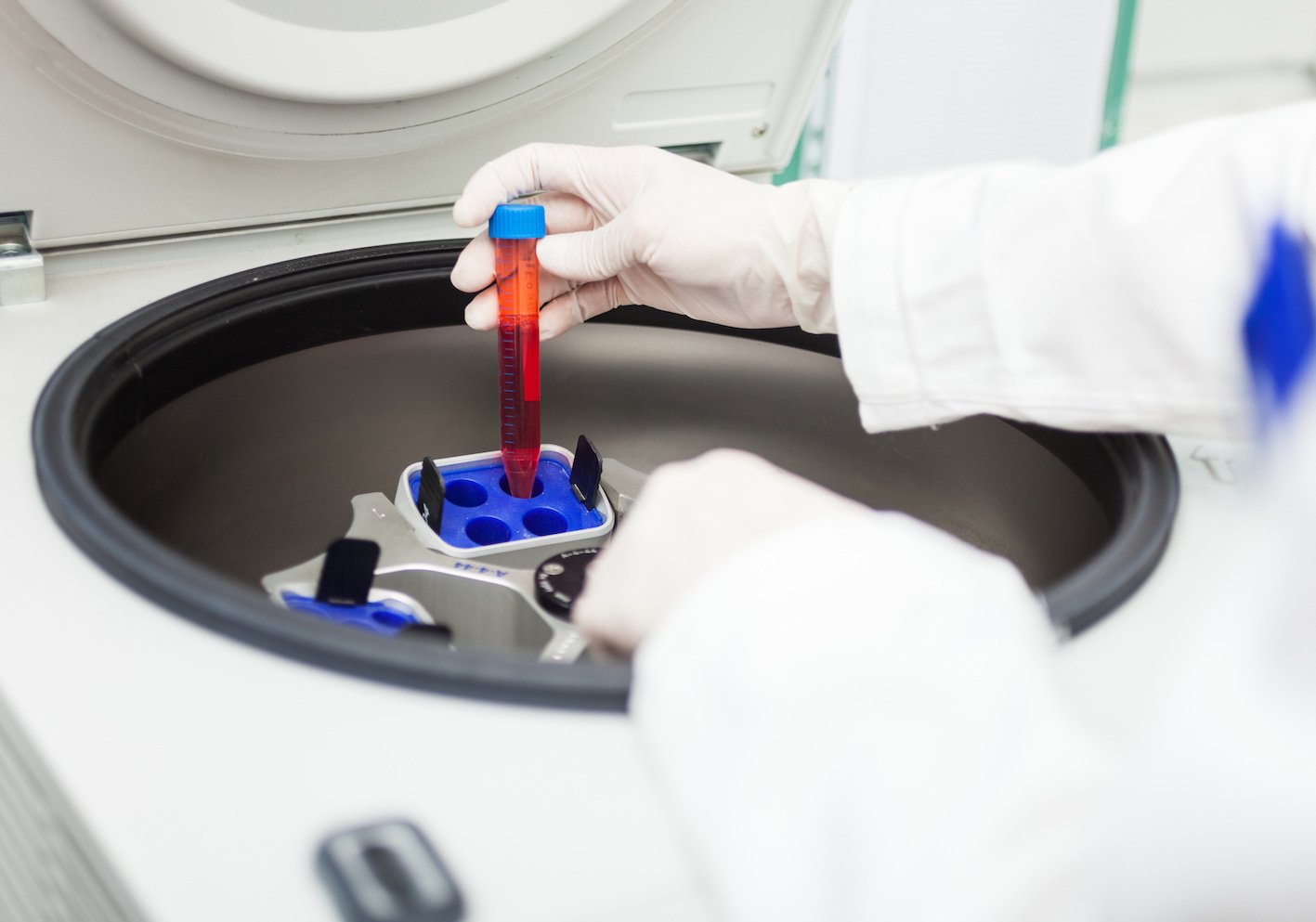
Image credit- shutterstock.com
Tumor vaccines can help the body fight cancer. Mutations in the tumor genome often lead to protein changes that are typical of cancer. A vaccine can alert the patients' immune system to these mutated proteins.
For the first time, physicians and cancer researchers from Heidelberg and Mannheim have now carried out a clinical trial to test a mutation-specific vaccine against malignant brain tumors. The vaccine proved to be safe and triggered the desired immune response in the tumor tissue, as the team now reports in the journal Nature.
Diffuse gliomas are usually incurable brain tumors that spread in the brain and are difficult to remove completely by surgery. In many cases, diffuse gliomas share a common feature: in more than 70 percent of patients, the tumor cells have the same gene mutation. An identical error in the DNA causes a single, specific protein building block to be exchanged in the IDH1* enzyme. This creates a novel protein structure, known as a neo-epitope, which can be recognized as foreign by the patient's immune system.
"Our idea was to support patients' immune system and to use a vaccine as a targeted way of alerting it to the tumor-specific neo-epitope," explained study director Michael Platten, Medical Director of the Department of Neurology of University Medicine Mannheim and Head of Division at the German Cancer Research Center (DKFZ).
Platten's team had already generated an artificial version of the segment of the IDH1 protein with the characteristic mutation several years ago. This mutation-specific peptide vaccine was able to halt the growth of IDH1-mutated cancer cells in mice. In 2019, Platten was awarded the German Cancer Prize for this discovery.
Encouraged by these results, Platten and a team of physicians decided to test the mutation-specific vaccine for the first time in a phase I study in patients newly diagnosed with a IDH1-mutated glioma (WHO grades III and IV astrocytomas).
"We cannot draw any further conclusions about the vaccine efficacy from this early study without a control group," remarked Michael Platten. "The safety and immunogenicity of the vaccine were so convincing that we continued to pursue the vaccine concept in a further phase I study."
The researchers are also preparing a phase II study to examine for the first time whether the IDH1 vaccine leads to better treatment results than the standard treatment alone.




